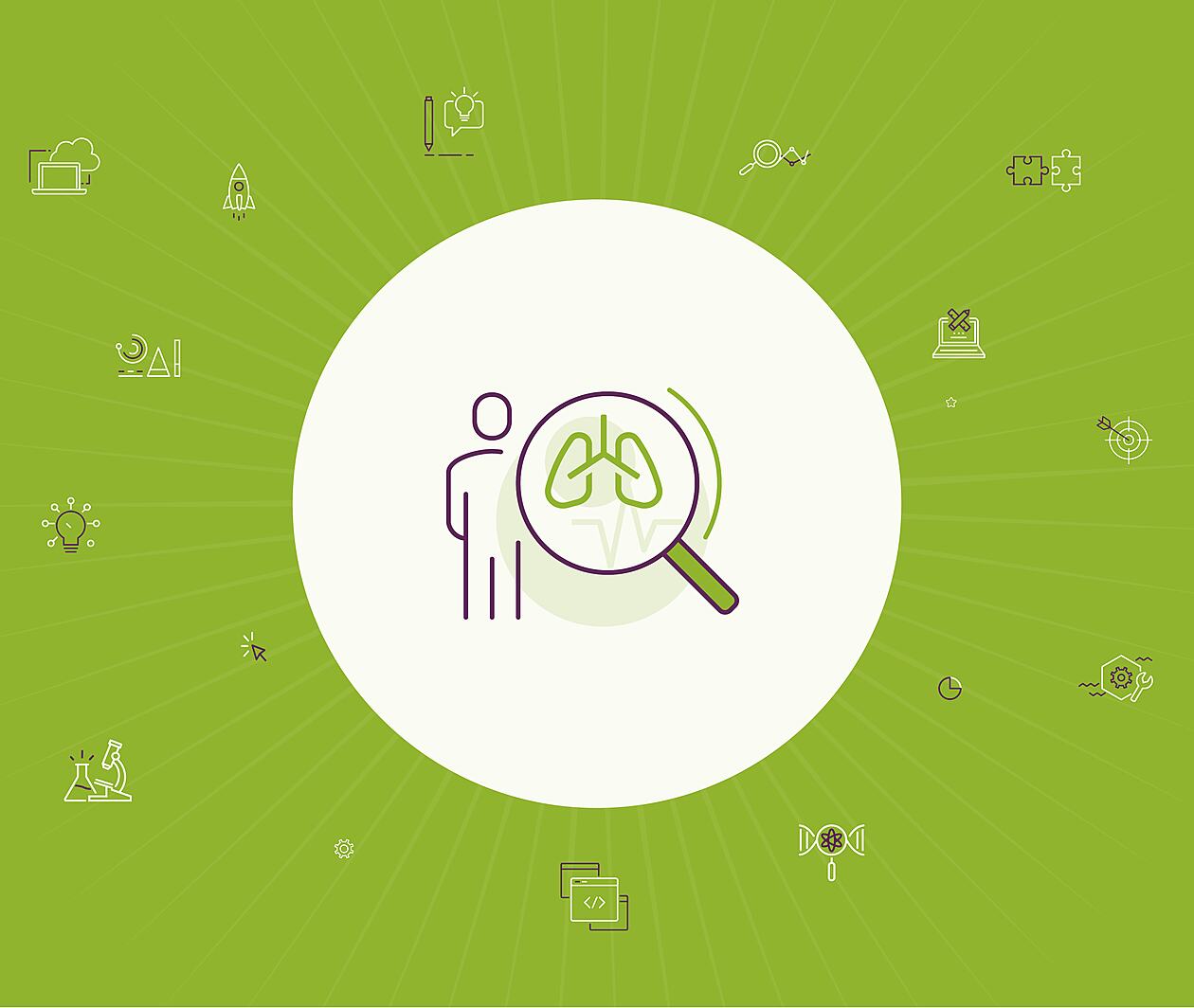
Duration
2 weeksWeekly study
3 hours
Teaching Primary Biology: Body Processes
Other courses you might like
This course isn't running right now. We can email you when it starts again, or check out these other courses you might like.
Browse more in Teaching and Science, Engineering & Maths
Enhance your KS2 science teaching with teaching CPD on life processes in biology
This course will equip you with the knowledge and skills to inspire your primary science pupils with world-class biology teaching on the subject of body systems and processes.
Develop your scientific knowledge for teaching key stage 2 biology
Life processes is a key subject within the biology element of the primary science national curriculum and includes the study of the heart, the circulatory system, and digestion.
On this course, you’ll build your knowledge of body systems and body processes so that you’re able to effectively teach the ‘Animals, including humans’ component of the national curriculum in England.
Help 7-11-year-old pupils understand the circulatory system and digestion process
You’ll explore the common challenges that may arise amongst key stage 2 pupils encountering the heart, circulatory system, and digestive system for the first time.
You’ll learn how to structure your teaching to successfully navigate these challenges.
You’ll also have the chance to learn about practical biology activities you can use in your classroom to inspire your pupils whilst developing their understanding of the concept of living processes.
Access engaging and fun biology primary science resources
This course is delivered by the National STEM Learning Centre, a leading organisation offering teacher CPD, career support, and education in STEM.
You’ll learn from primary STEM subject specialists, experienced in teaching science in primary education.
What topics will you cover?
- Why good subject knowledge is essential when teaching primary science.
- Developing subject knowledge for the biology content of the primary science curriculum.
- Understanding children’s misconceptions about body processes and identifying teaching strategies to identify and overcome them.
- Subject knowledge to teach body processes, including: the heart, circulatory system and digestion.
Learning on this course
On every step of the course you can meet other learners, share your ideas and join in with active discussions in the comments.
What will you achieve?
By the end of the course, you‘ll be able to...
- Identify the importance of good subject knowledge when teaching primary science.
- Develop personal subject knowledge of body processes and systems to teach this topic as part of the biology primary science curriculum.
- Apply subject knowledge of biology to class teaching of pupils aged 5-11 years old.
- Explore practical activities to teach scientific concepts in the primary curriculum.
- Identify common misconceptions children may have in primary science concepts.
- Develop teaching strategies to identify and overcome children’s misconceptions.
Who is the course for?
This course is designed for primary teachers and trainee teachers in primary education (pupils aged 5-11 years) who want to develop their biology subject knowledge, specifically the topic of body processes.
The course refers to the English National Curriculum, but the subject matter is equally transferable to other curricula, and you’ll be encouraged to explore connections with your own national curriculum.
Who will you learn with?
I have been a primary school teacher for 13 years and work at Clifton With Rawcliffe Primary, York. Currently, I also work 3 days a week at the National STEM Learning Centre in the Primary PDL Team.
I spent 10 years working as a primary classroom teacher, 7 as a science subject leader. I've also supported schools as a leading science teacher before joining STEM learning as a primary specialist.
I am currently a Professional Development Leader at the National STEM Learning Centre in Primary STEM. I have been a teacher for 14 years, teaching classes from FS2 to Year 6.
What's included?
This is a premium course. These courses are designed for professionals from specific industries looking to learn with a smaller group of like-minded individuals.
- Unlimited access to this course
- Includes any articles, videos, peer reviews and quizzes
- Certificate of Achievement to prove your success when you're eligible
- Download and print your Certificate of Achievement anytime
Still want to know more? Check out our FAQs
Learning on FutureLearn
Your learning, your rules
- Courses are split into weeks, activities, and steps to help you keep track of your learning
- Learn through a mix of bite-sized videos, long- and short-form articles, audio, and practical activities
- Stay motivated by using the Progress page to keep track of your step completion and assessment scores
Join a global classroom
- Experience the power of social learning, and get inspired by an international network of learners
- Share ideas with your peers and course educators on every step of the course
- Join the conversation by reading, @ing, liking, bookmarking, and replying to comments from others
Map your progress
- As you work through the course, use notifications and the Progress page to guide your learning
- Whenever you’re ready, mark each step as complete, you’re in control
- Complete 90% of course steps and all of the assessments to earn your certificate
Want to know more about learning on FutureLearn? Using FutureLearn
Do you know someone who'd love this course? Tell them about it...
You can use the hashtag #FLSTEMPrimaryScience to talk about this course on social media.
